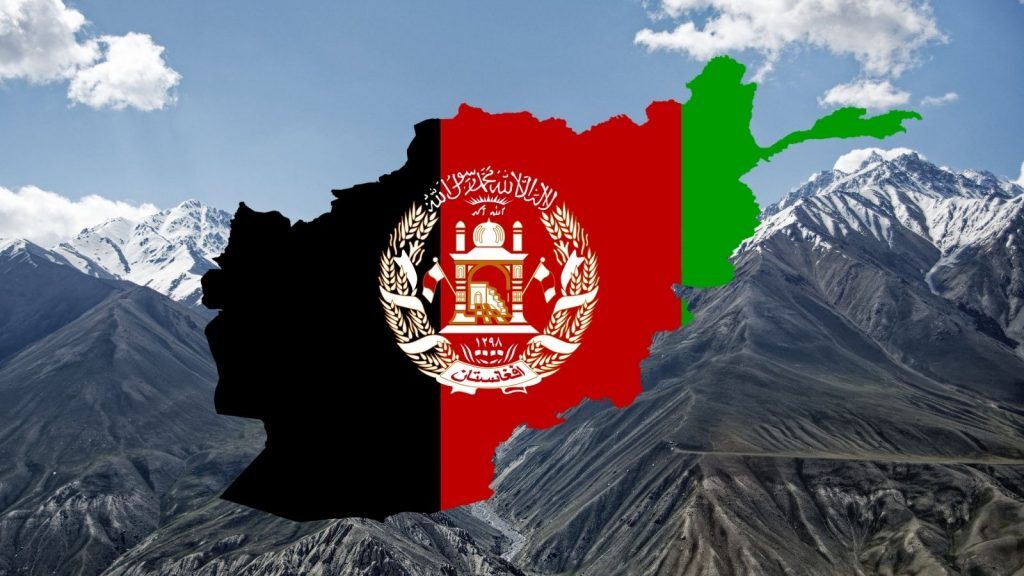Social media companies like Facebook, Twitter and YouTube had their work cut out for them limiting the damage caused by Western extremists and anti-vaccination proponents of late, but now they face a new challenge — what to do about the Taliban’s online activities as the religious group takes over Afghanistan.
Talibanned?
In case you have somehow missed world news over the past week, the United States has pulled its troops out of Afghanistan after twenty years and, pretty much immediately, the Taliban have moved in to take over the country. Depending on who your government is, the religious extremists are considered terrorists, which means that their presence online is now being closely watched.
Bloomberg reports that Facebook is “proactively” removing Taliban-related content from its platform, with Instagram head Adam Mosseri saying, “We are relying on that policy to proactively take down anything that we can that might be dangerous or that is related to the Taliban in general.”
He went on to say “Now this situation is evolving rapidly, and with it, I’m sure the risk will evolve as well. We are going to have to modify what we do and how we do it to respond to those changing risks as they happen.”
Other platforms have got their own headaches to deal with. Messaging app WhatsApp is reportedly in widespread use among the Taliban and being used to contact Afghanis despite its use being prohibited for use by “dangerous organizations” in Facebook’s terms of service. That’s the thing about end-to-end encryption — the people you don’t like receive the same benefits from using it as the people you do like.
Taliban spokesmen are active on Twitter, reports Reuters, tweeting updates to hundreds of thousands of followers, and both Twitter and YouTube are currently being a little vague about what actions are being taken against the content being posted to their respective platforms.
Both have pointed to their terms of service with regards to how they intend to handle any violent content but since most social media platforms outright banned Donald Trump earlier this year for his part in the events of 6 January, their actions towards a group that may strip away the freedom of speech and human rights from the population will be under increased scrutiny. Whether they opt for mass banning or whether they attempt to be more nuanced, social media platforms are likely to receive criticism either way.




